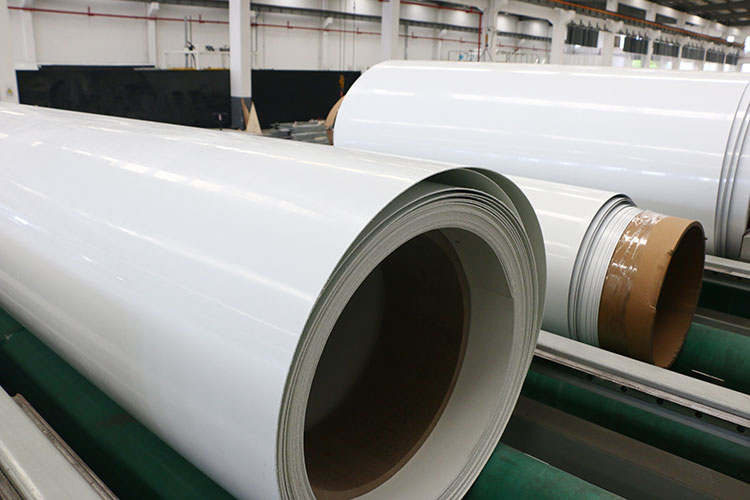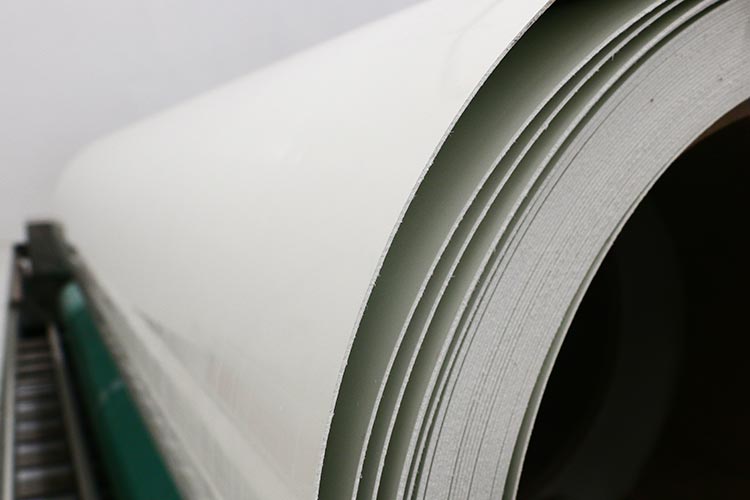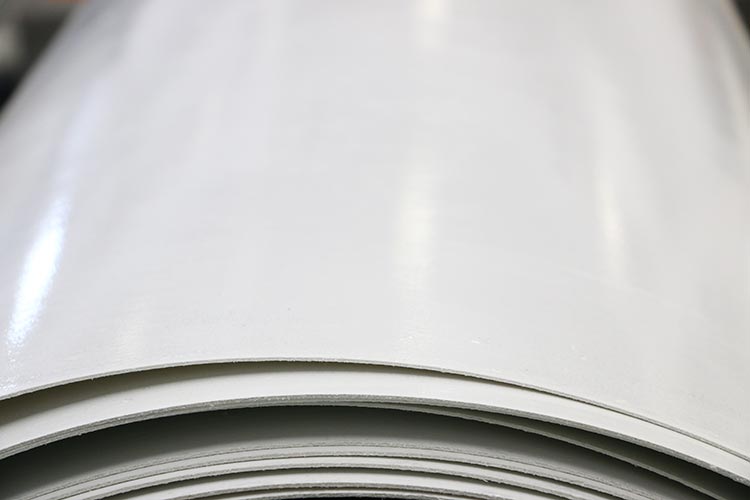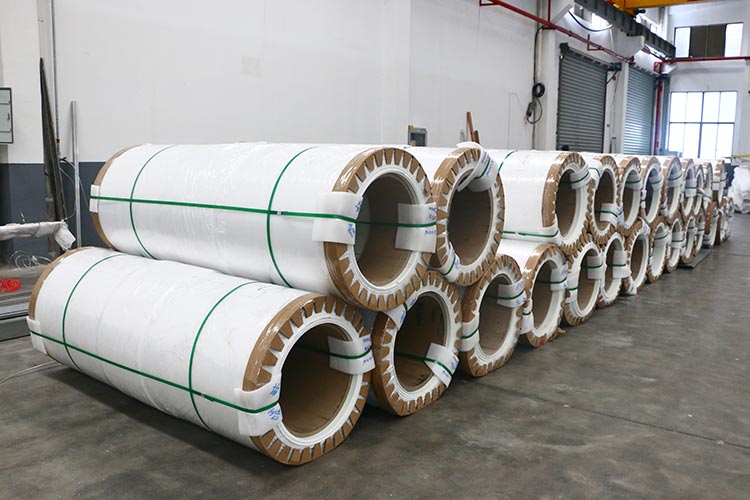
光滑的FRP面板是具有平面的玻璃纤维增强塑料。作为表面材料,由于其耐用性、轻便且易于清洁,它们被广泛应用于许多领域。比如房车、箱式卡车、移动房屋、冷藏室、无尘室、商业厨房等。
产品特点
光滑表面
- 易于清洁:光滑的表面使这些面板易于清洁,防止污垢、灰尘和微生物的积累,保持环境卫生。
- 美观:光滑的表面和整洁的外观使其适合对美观和清洁要求高的场所。
耐腐蚀性
- 化学耐性:FRP材料对酸、碱和盐类等化学物质具有优异的耐性,非常适合化工厂和实验室等环境。
- 防水防潮:FRP板的结构使其非常防水,即使在潮湿环境中也能保持其物理性能和外观。
轻量级与高强度
- 轻质化:与金属或其他传统建筑材料相比,FRP板材更轻,便于运输和安装。
- 高强度:尽管轻便,FRP板材非常坚固,能承受某些机械冲击和载荷,适合多种结构应用。
紫外线耐受性
- 光滑FRP面板表面的凝胶涂层对紫外线具有良好的抗性,即使长时间暴露在阳光下也不易褪色或老化,因此适合户外使用。
易于处理
- 可定制:FRP面板可以根据客户需求进行定制,包括颜色、厚度、尺寸等。
- 易于切割和安装:它可以轻松切割、钻孔和固定,便于现场施工和安装。
电气绝缘
- FRP材料具有良好的电绝缘性能,适用于电气绝缘要求严格的场所。
阻燃
- 阻燃剂可以添加到FRP面板中,这些材料具有特定的阻燃特性,可以在一定程度上减缓火势蔓延。
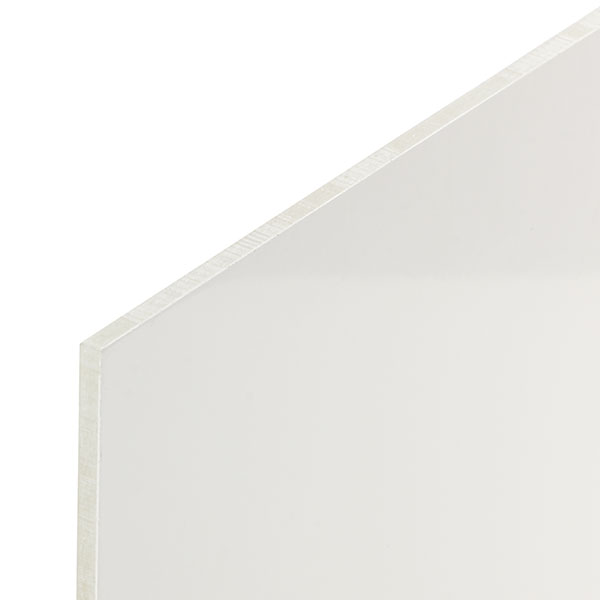
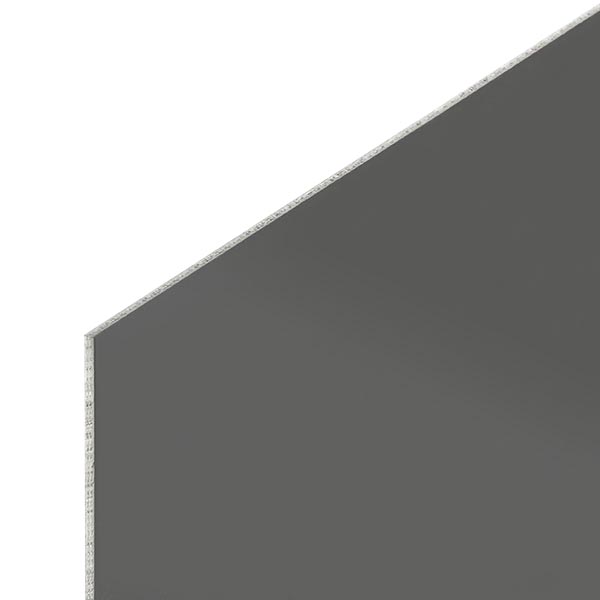
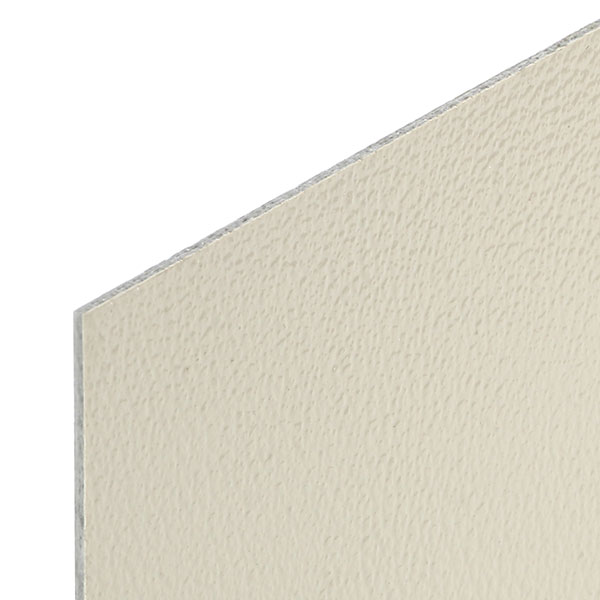
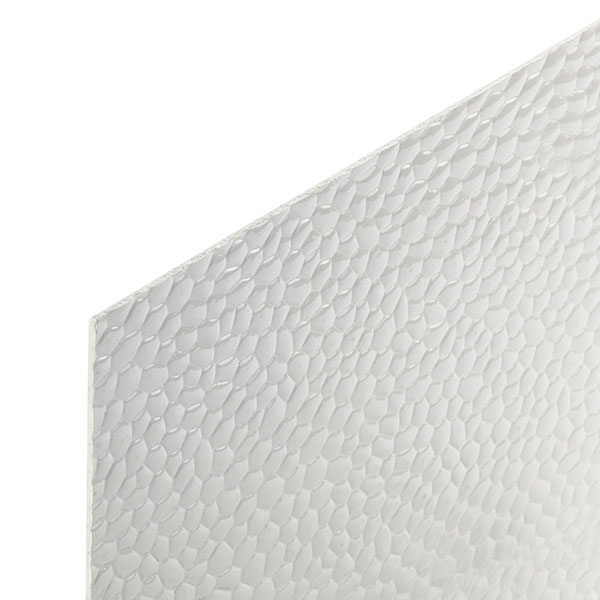
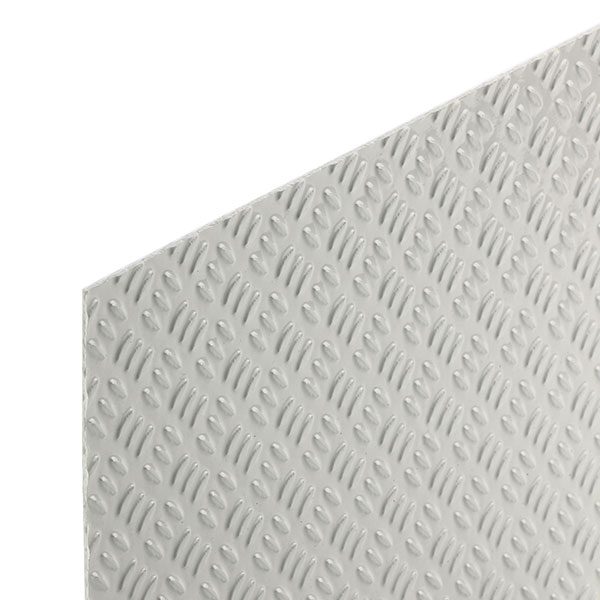
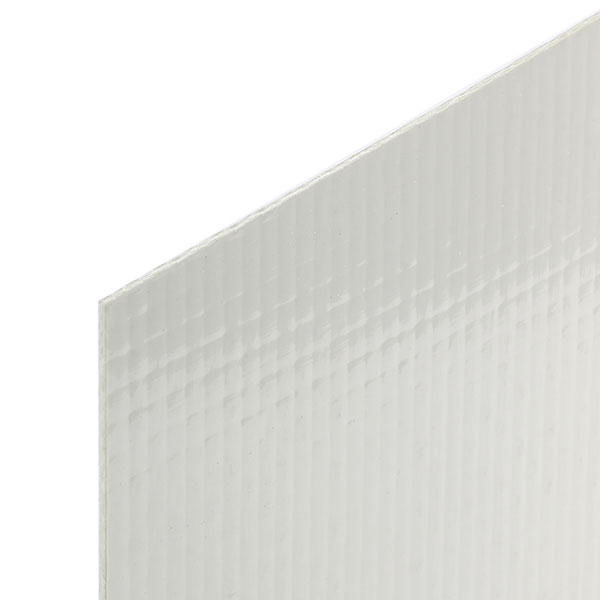
FRP面板类型
玻璃纤维作为增强材料可以有多种形式,如毡布、织布及其他类型。
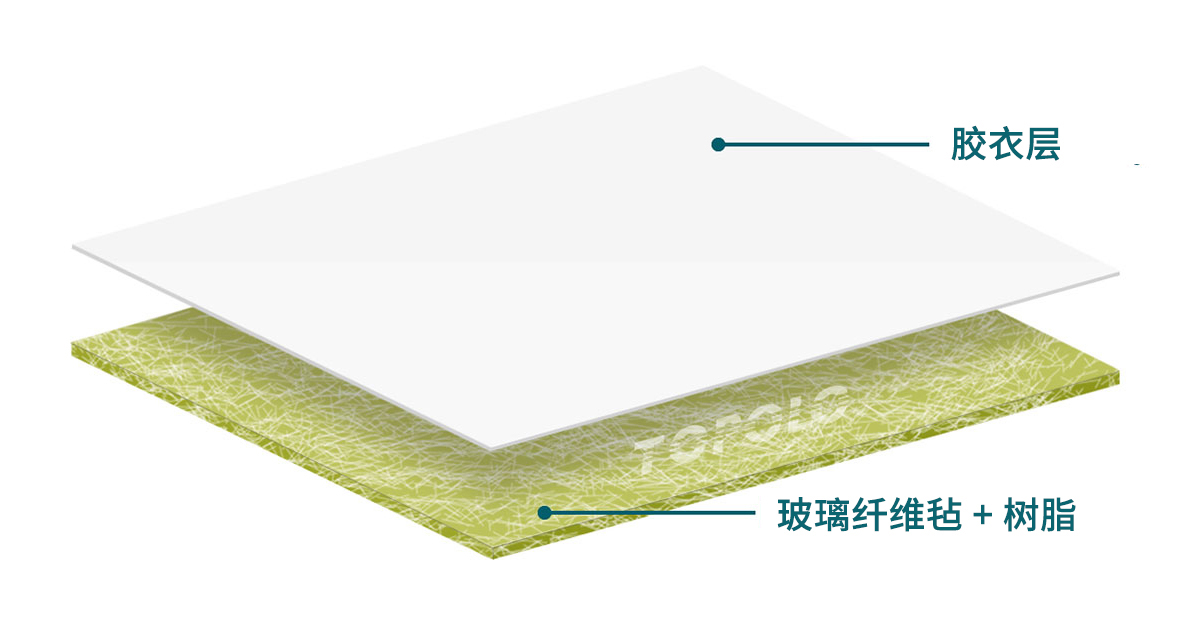
玻璃纤维毡制FRP
玻璃纤维丝材以随机方式铺设,通常这种类型的FRP可以做得更厚,使表面更光滑、硬度更高,且成型后不易变形。
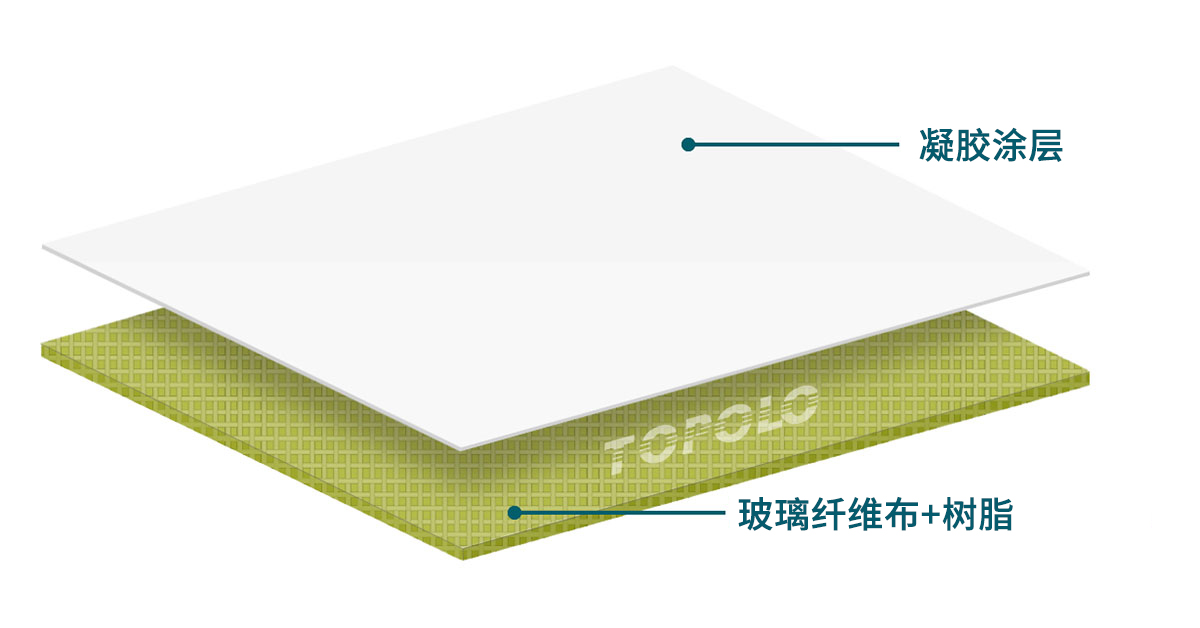
玻璃纤维编织FRP
玻璃纤维被编织进织物中。这种类型的FRP具有更高的韧性,可以做得更薄。然而,其表面平整度不如毡基FRP。
FRP面板的规格
| 光纤类型 | 玻璃纤维垫;玻璃纤维布 |
| 树脂类型 | 不饱和聚酯;环氧树脂 |
| 玻璃纤维含量 | 30-70% |
| 表面处理 | 光泽凝胶 |
| 表面颜色 | RAL色系 |
| 宽度 | ≤3200mm |
| 厚度 | 0.7-5.0mm |
| 长度 | 100-250m/卷 |
FRP面板的性能
| 密度 | 1.5–2.0 g/cm³ |
| 抗拉强度 | 500–1500 MPa |
| 拉伸模量 | 20–60 GPa |
| 抗弯强度 | 600–1200 MPa |
| 抗压强度 | 100–400 MPa |
| 剪切强度 | 100–300 MPa |
| 弯曲模量 | 20–50 GPa |
| 冲击强度 | 50–300 kJ/m² |
| 吸水 | <0.5% |
| 工作温度范围 | -40°C to +150°C |
Gallay-产品展示
